Revisiting Woodstock 99 via the ‘Peace, Love, and Rage’ Documentary
by Best Classic Bands Staff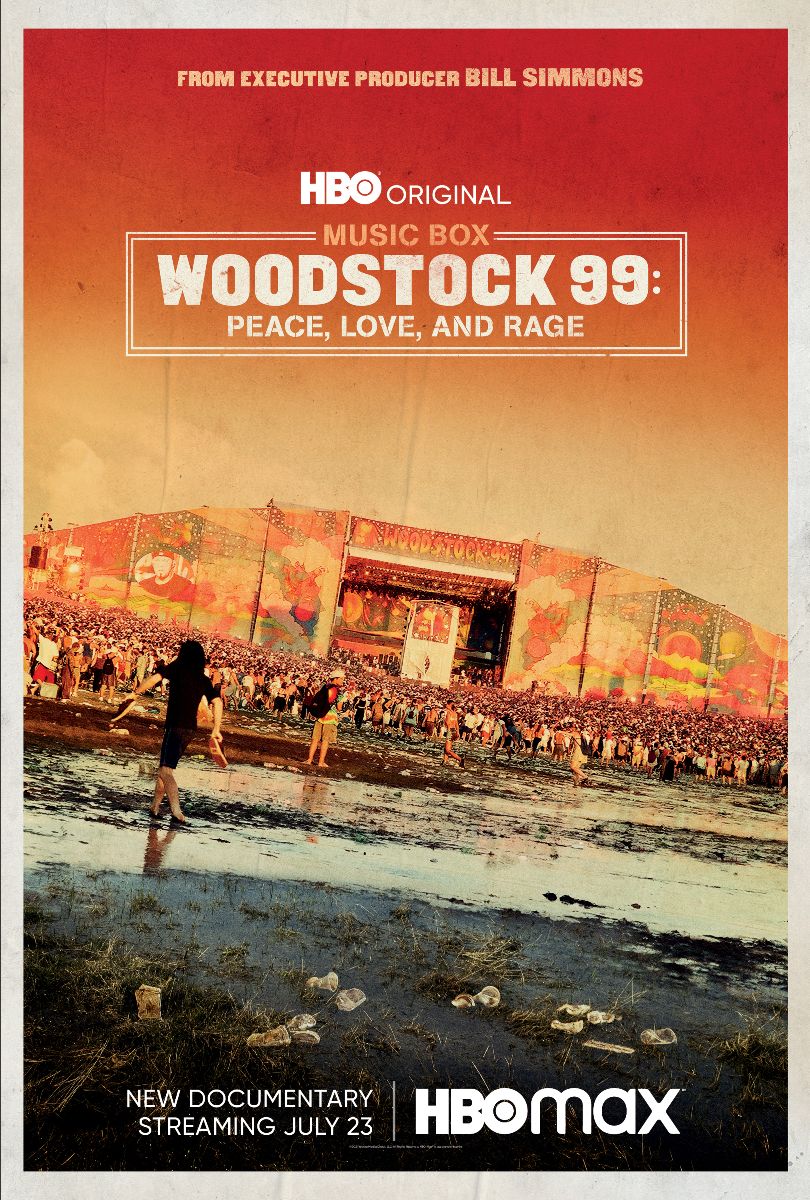 Woodstock 99: Peace, Love, and Rage, the story of the three-day music festival promoted to echo unity and counterculture idealism of the original 1969 concert but instead devolved into riots, looting and sexual assaults, was the first film in HBO’s Music Box series. The film, directed by Garret Price (Love, Antosha) and executive produced by Bill Simmons, debuted in 2021. It’s available to stream on Max. Watch the engaging trailer below.
Woodstock 99: Peace, Love, and Rage, the story of the three-day music festival promoted to echo unity and counterculture idealism of the original 1969 concert but instead devolved into riots, looting and sexual assaults, was the first film in HBO’s Music Box series. The film, directed by Garret Price (Love, Antosha) and executive produced by Bill Simmons, debuted in 2021. It’s available to stream on Max. Watch the engaging trailer below.
“This wasn’t Woodstock ’69,” says one grim observer. The outcome earned the event the infamous distinction of “the day the nineties died.” From the 2021 announcement of the documentary: Woodstock 99: Peace, Love, and Rage focuses a spotlight on American youth at the end of the millennium, in the shadow of Columbine and the looming hysteria of Y2K, pinpointing a moment in time when the angst of a generation galvanized into a seismic, cultural shift. Set to a soundtrack of the era’s most aggressive rock bands, the film also reappraises the 1960s mythos, revealing hard truths about the dangers of rose-tinted nostalgia in the age of commercialism and bottom-line profits.
“This was not your parents’ Woodstock,” says one of those interviewed for the film.
Woodstock 99: Peace, Love, and Rage unfolds over three blazing hot days and nights of nonstop performances and heaving mosh pits in July 1999, and examines how the festival, held in Rome, NY, eventually collapsed under the weight of its own misguided ambition. The musical lineup reflected acts that dominated MTV and radio airwaves at the time and leaned heavily towards artists catering to a young, male demographic.
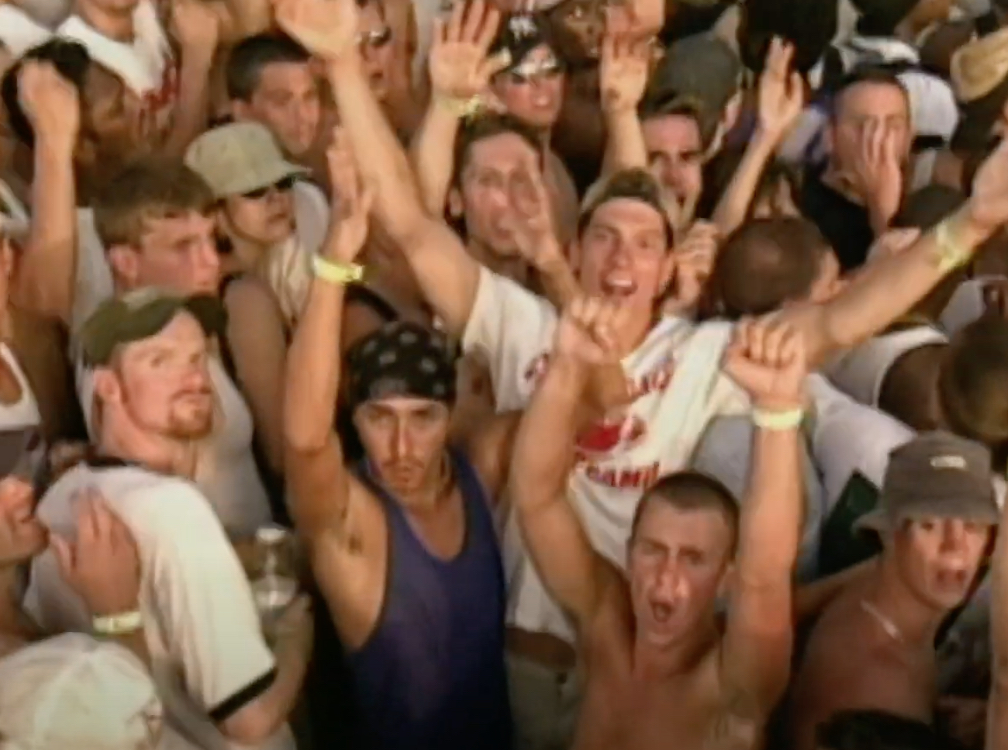
A scene from the Woodstock 99 documentary: “You have a crowd who are excited, inebriated and you give them a band to help them release that energy… what do you think’s gonna happen?”
Intense heat, lack of adequate sanitation and access to free drinking water agitated a crowd already at a breaking point. Shortcuts and cost-cutting measures had diminished security, allowing the anger and frustration of the mob to explode into unchecked rioting and destruction. As much as Woodstock ’69 became known as a celebration of peace and inclusion, Woodstock ’99 became a flashpoint for burgeoning white toxic masculinity.
“The port-a-potties were unusable,” says one observer. “You had kids rolling around in what they thought was mud.”
The film takes us onstage with the bands, behind-the-scenes with the organizers and to the cramped campsites, overflowing bathrooms and marauding groups of young men with alarming immediacy and access. The film includes insight from multiple points of view, including from organizers Michael Lang and John Scher, and culture critics. First-hand accounts from musicians and festival attendees give an unfiltered perspective of the events, shedding light on how a weekend rooted in music and unity descended into chaos.
Watch the trailer for Woodstock 99: Peace, Love, and Rage
Related: 10 Memorable Rock Concert Riots


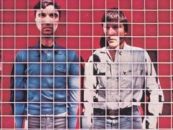
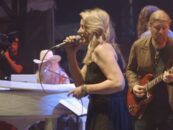
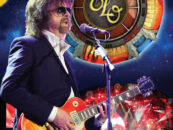

4 Comments so far
Jump into a conversationYup, Glad I missed that one.
Michael Lang was able to skate on a similar situation in 1969 because the prevailing tolerance ingrained in the culture at that time just went with the conditions and situation, and made the best of it. There was no similar cultural leanings in 1999. Lang should have learned some major lessons on how to run such a huge undertaking from the mistakes of the original Woodstock. But the obvious managerial mistakes made in 1999, along with the sequence of cock-ups in trying to produce the 50th anniversary of Woodstock show Lang to be a major screw-up, who just lucked out in so many ways the first time around. It was only the good fortune he managed to be blessed with, in almost every arena, while starting out that made his name known, and gave him the notoriety to attempt to produce two more ill-fated Woodstock Festivals. Unfortunately, this buffoon believed his own press, and with him went the legacies of Woodstock, and the fate of any future Woodstock festivals. It was very cool that the Woodstock Museum at the original site had their own 50th anniversary celebrations, and that some legendary artists, who performed at the original festival showed up there. Lang’s investors for Woodstock 50 were fortunate that they saw the writing on the wall, in partnering with him, and pulled out in time. Sadly, those who helped to make the original festival what it was, and were still around to celebrate the 50th anniversary, were the losers.
On the flipside, the 1994 25th Anniversary Concert was a blast, even better than the first one.
I watched this documentary back about a year ago. Yeah, Woodstock ’99 was a shit show. I love what that one kid said: “There are a lot of stupid humans around here.” Summed it quite nicely.